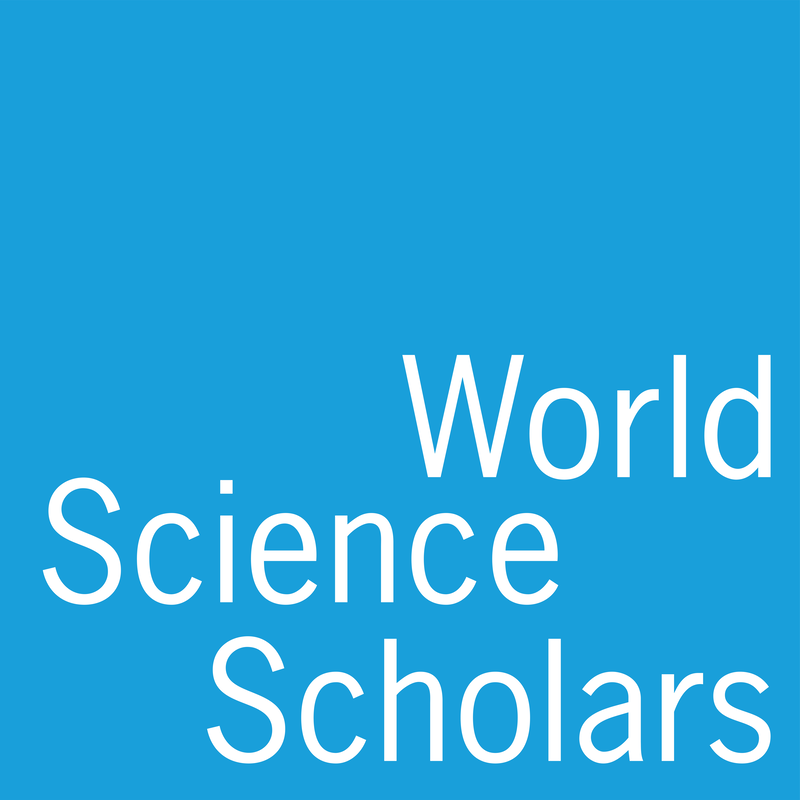Browse a list of answers to common questions. If you don’t see an answer to your question, please send an email to scholars@worldsciencefestival.com.
How Are Students Identified?
Potential applicants are sourced from worldwide talent and enrichment programs; accredited and internationally recognized student math and science competitions; nominations from mathematicians, scientists, and educators in the World Science Festival network; direct applications from aspirational, highly motivated, exceptional students; and announcements at prestigious math and science events and in select media. Recruiting partners include: Advantage Testing Foundation Math Prize for Girls, Canada/USA Mathcamp, Davidson Academy of Nevada, Duke University Talent Identification Program, Instituto Latinoamericano de la Comunicación Educativa, Math for America, Northwestern University Center for Talent Development, Society for Science & the Public, and Wolfram Research.
Who Supports Student Learning?
Students enjoy a rare opportunity to interact in a meaningful way with leaders from a broad range of fields who serve as professors, recruited from the World Science Festival network, higher education, as well as the corporate, private, and government sectors. Professors are committed to promoting innovation and passion in pedagogy, and hold visionary perspectives on the relationships among mathematics, science, and humanity.
Working with the faculty are graduate students or postdoctoral students who serve as teaching fellows, helping develop course materials and facilitating student learning. Additionally, coaches support students as they hone their communication, advocacy, and diplomacy skills, and as they develop action plans to find mentors, grow their network, identify research opportunities, and determine college and career pathways.
How Will Students Learn?
Students immerse themselves in the online curriculum which is accessible anytime, anywhere, and requires an investment of approximately 1-3 hours per week. The content is intellectually rigorous, interdisciplinary, and designed to challenge and inspire them. With content typically developed for college- or graduate-level students, the courses are immersive, dynamic, and interactive, featuring core lectures by world-renowned experts and supplemented by an extensive array of online resources in an innovative and compelling format.
Students are encouraged to work collaboratively, tackle complex problems, make substantial mental leaps, and grow in their ability to exercise independent, creative, and critical thinking. Although professors, teaching fellows, and coaches guide students sequentially through the courses designed to maximize opportunities for collaboration and community-building, students have the flexibility to work through the learning activities within each course at their own pace according to their individual schedules.
Upon successful completion of their first year, students are invited to travel to New York City with a parent/guardian to attend the World Science Festival and observe some of the world’s greatest minds engage in vibrant discussions, debates, and performances that span the sciences and mathematics. Students unable to travel at that time are encouraged to participate virtually or in person at a future Festival.
What Will Students Learn?
Students are invited to complete around five online learning experiences over the span of one year. Courses typically consist of three, 60-90 minute sessions, and are intended to be completed within 3-4 weeks. The courses feature the following elements:
- Video lectures often supplemented by animations illustrating difficult concepts
- Interactive demonstrations that build understanding of the concepts
- Multiple-choice exercises that allow students to assess their understanding of core content
- Problem sets with open-ended answers that stretch students’ creative engagement with featured ideas
- Reviews and summaries of course material
- Live discussions with professors and teaching fellows which are archived for on-demand access
- Pre-recorded virtual “office hours” during which professors answer frequently asked questions
Because the curriculum is developed collaboratively with faculty members supporting a specific cohort of students, course offerings may change over time. Representative course titles have included: A Beautiful Universe: Black Holes, String Theory, and the Laws of Nature as Mathematical Puzzles with Cumrun Vafa; A Galactic Mystery: Making the Case for Dark Matter with Justin Khoury; A New Kind of Science: The Importance of Language with Stephen Wolfram; Accelerate, Collide, Detect: The Future of Particle Accelerators for Pushing the Limits of Physics with Barry Barish, Beyond the Cloud of Everyday Experience: A Course on Physics and Reality with Brian Greene; Big Brains, Small Brains: The Conundrum of Comparing Brains and Intelligence with Suzana Herculano-Houzel; Einstein’s Astrophysical Messengers: The Theory and Discovery of Gravitational Waves with Gabriela Gonzalez; From Chemistry to Living Materials: What’s the Matter with Life? with Markus Buehler; Life as the Next Frontier in Physics: Exploring the New Science of Astrobiology with Sara Walker; The Early Universe: Using Cosmological “Fossils”and Other Perturbations to Probe Origins with Matias Zaldarriaga; The Universe’s Hierarchy: The Emergence of Macro-Properties in Physics and Biology with George F.R. Ellis; and more.
What Happens after Students Complete the Program?
Students become members of an alumni network that helps to identify and support future cohorts. The intention is that the connections between past and present cohorts lead to mentoring relationships, friendships, and professional collaborations, as well as future engagements with the World Science Festival and the larger mathematics and science communities.
